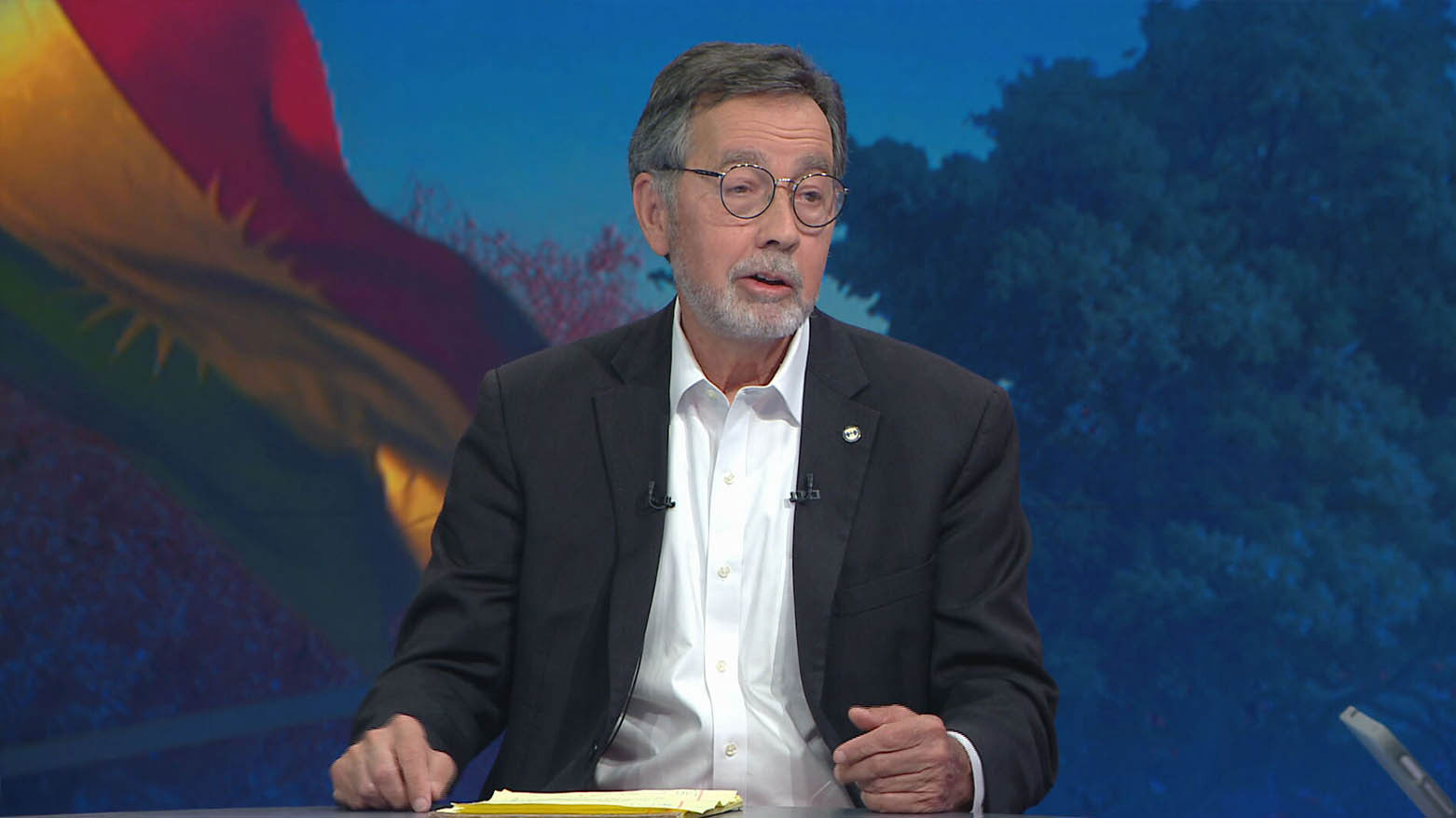John Dickson: Kurdistan Is ‘A Perfect Model’ for a Divided World
Dickson also praised the Kurdistan Regional Government’s respectful treatment of different ethnic and religious groups. "They don’t even want to call them minorities, but components, so that there’s no discrimination whatsoever," he said.

By Kamaran Aziz
ERBIL (Kurdistan24) – A senior advisor at the Global Peace Foundation praised the Kurdistan Region’s exceptional coexistence and societal harmony, describing it as a rare and vital model for the Middle East and the world at large. In an interview with Kurdistan24, John Dickson, Senior Advisor on Economy and Government Relations and Field Representative for Iraqi Kurdistan at the Global Peace Foundation, emphasized that the level of coordination and diversity evident in the Kurdistan Region is "remarkable" and "needs to be understood globally."
Reflecting on perceptions in the United States, Dickson explained that many Americans, when thinking of Iraq, primarily associate it with "violence, war, fighting, and suffering," often unaware of the peaceful and dynamic reality within the Kurdistan Region. "Kurdistan is somewhat hidden," he remarked, noting the absence of formal representation in major international institutions such as the United Nations and a full-fledged embassy in Washington. Nevertheless, he acknowledged the significant role played by the Kurdistan Regional Government’s representative office in the United States.
Dickson highlighted that visitors are often struck by the unique diversity and intercommunal harmony present in the Kurdistan Region, which stands in sharp contrast to widespread divisions elsewhere in the Middle East. "The harmony that has come about here," he noted, "might be because of the brutal repression that everyone in the Kurdish region faced before," adding that today, there are "not much barriers between the different communities here."
He described the Kurdistan Region as "a great example for the world to follow," at a time when rising global polarization demands models of peaceful coexistence. "It’s a perfect model," Dickson said, stressing that the Region’s approach to embracing diversity comes not just from political necessity but from a deeply rooted cultural and moral commitment.
Dickson also praised the Kurdistan Regional Government’s respectful treatment of different ethnic and religious groups. "They don’t even want to call them minorities, but components, so that there’s no discrimination whatsoever," he said, emphasizing that the recognition of diversity is deeply heartfelt rather than merely symbolic or political.
Commenting on the recent hosting of the first National Prayer Breakfast in the Kurdistan Region, Dickson described it as "a great leap forward" and "a fantastic initiative," underlining its importance in showcasing Kurdistan’s spirit of unity to an international audience. He urged that any opportunity to bring the world's attention to Kurdistan should be seized, especially given the Region’s tremendous potential for religious and cultural tourism.
"The potential here is remarkable," he continued. "People need to see how peaceful it is, how safe it is." He even noted, with a touch of humor, that Kurdistan is "safer than Washington D.C., where I come from," a statement that, he said, often surprises people abroad.
Dickson concluded by emphasizing that Kurdistan is situated at the historic heartland of the Abrahamic faiths and that its cultural richness and peaceful reality deserve far greater recognition on the global stage.
The Kurdistan Region’s success story of coexistence and mutual respect stands in sharp contrast to the widespread instability across the Middle East and offers a hopeful vision for a world increasingly marked by division and conflict.
